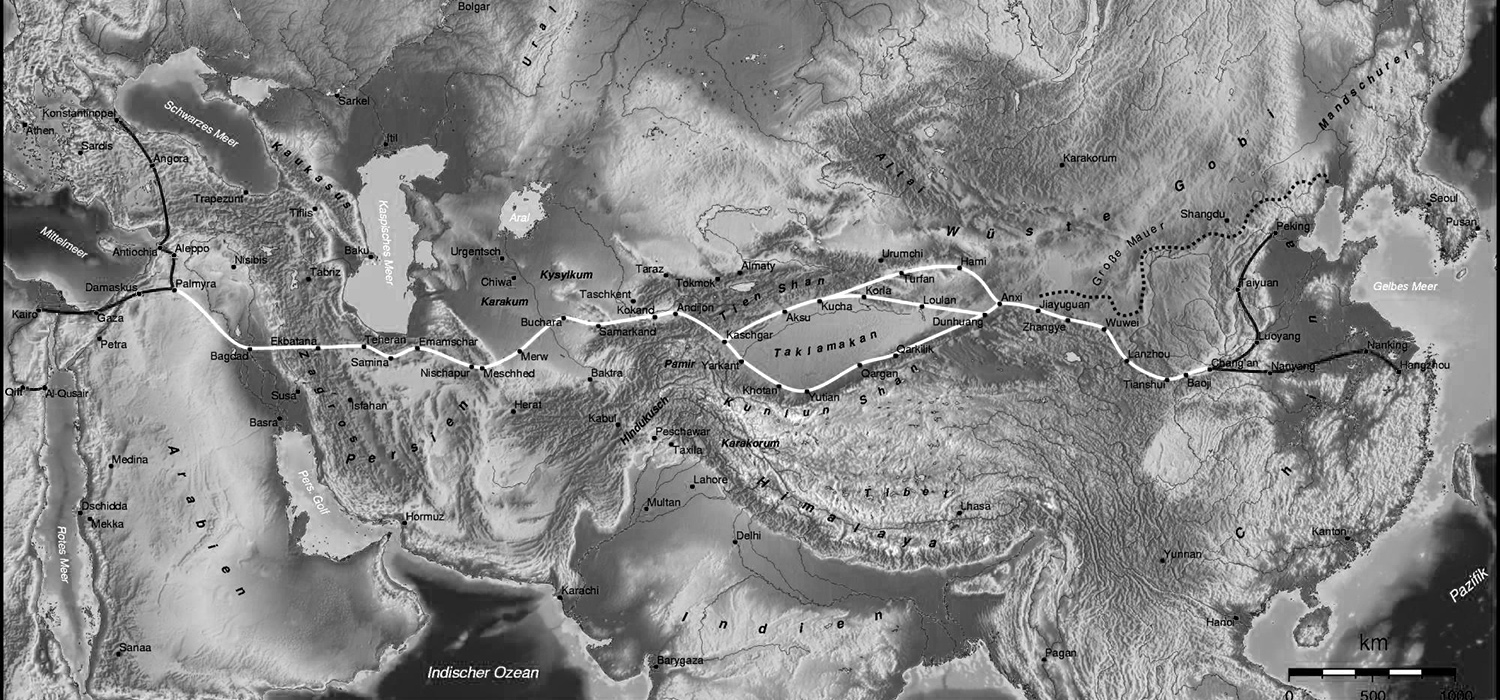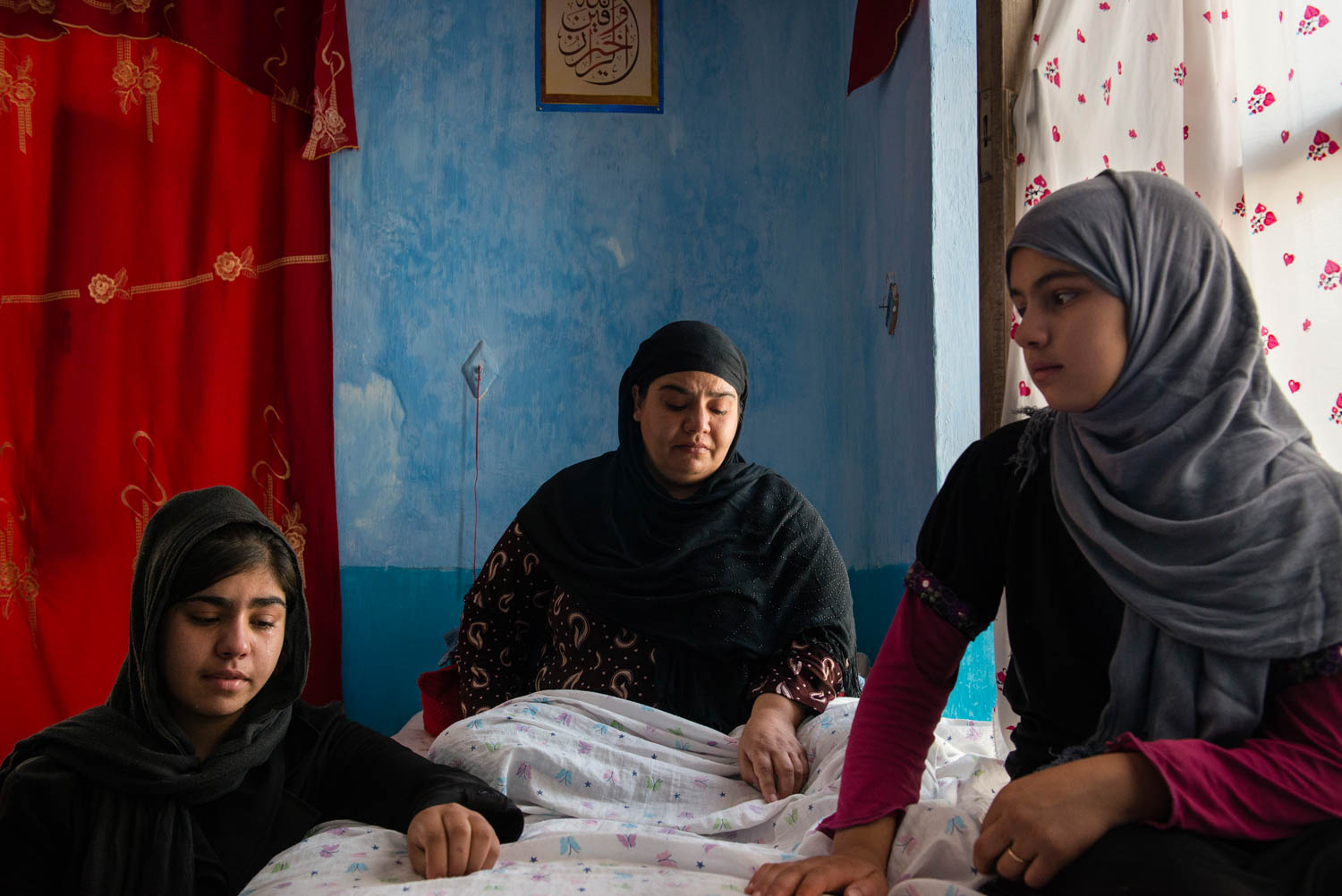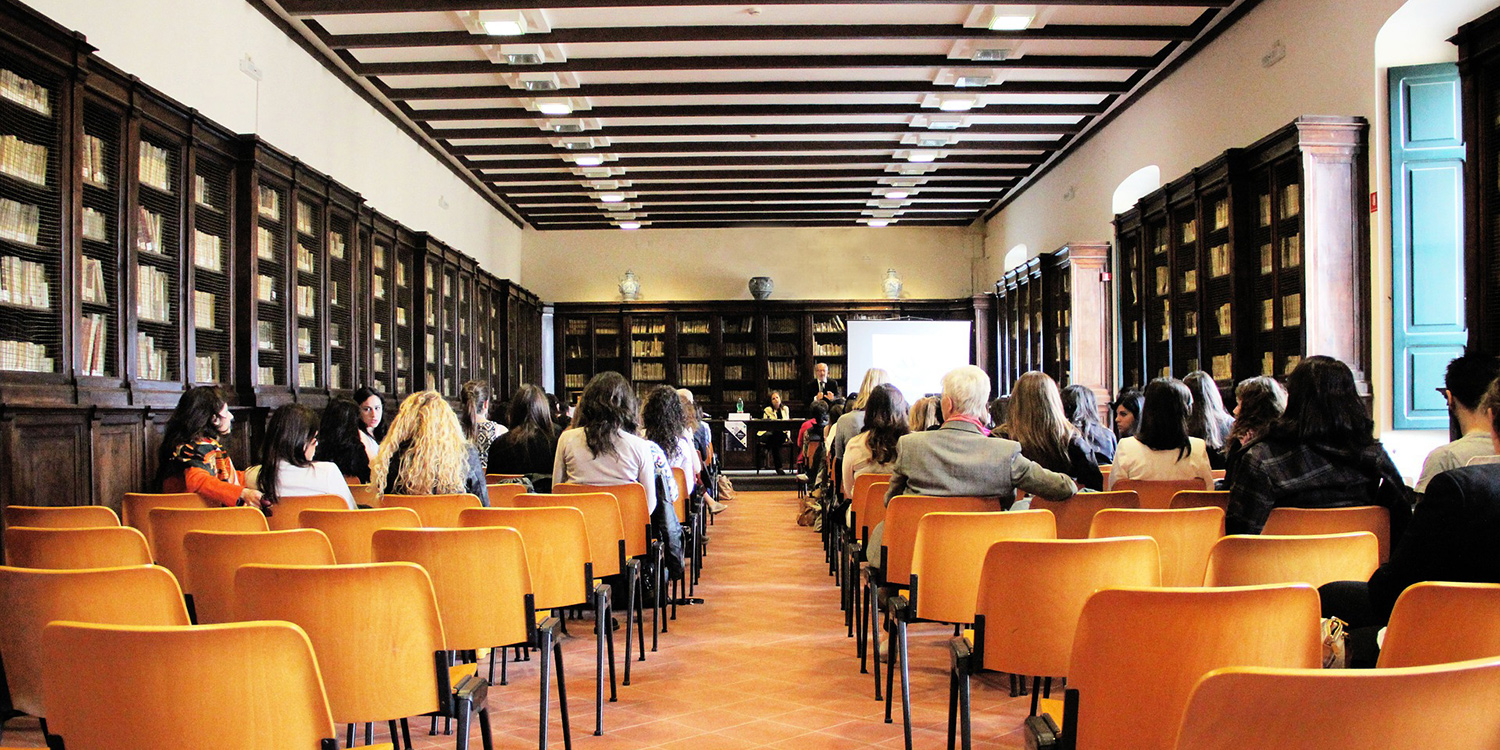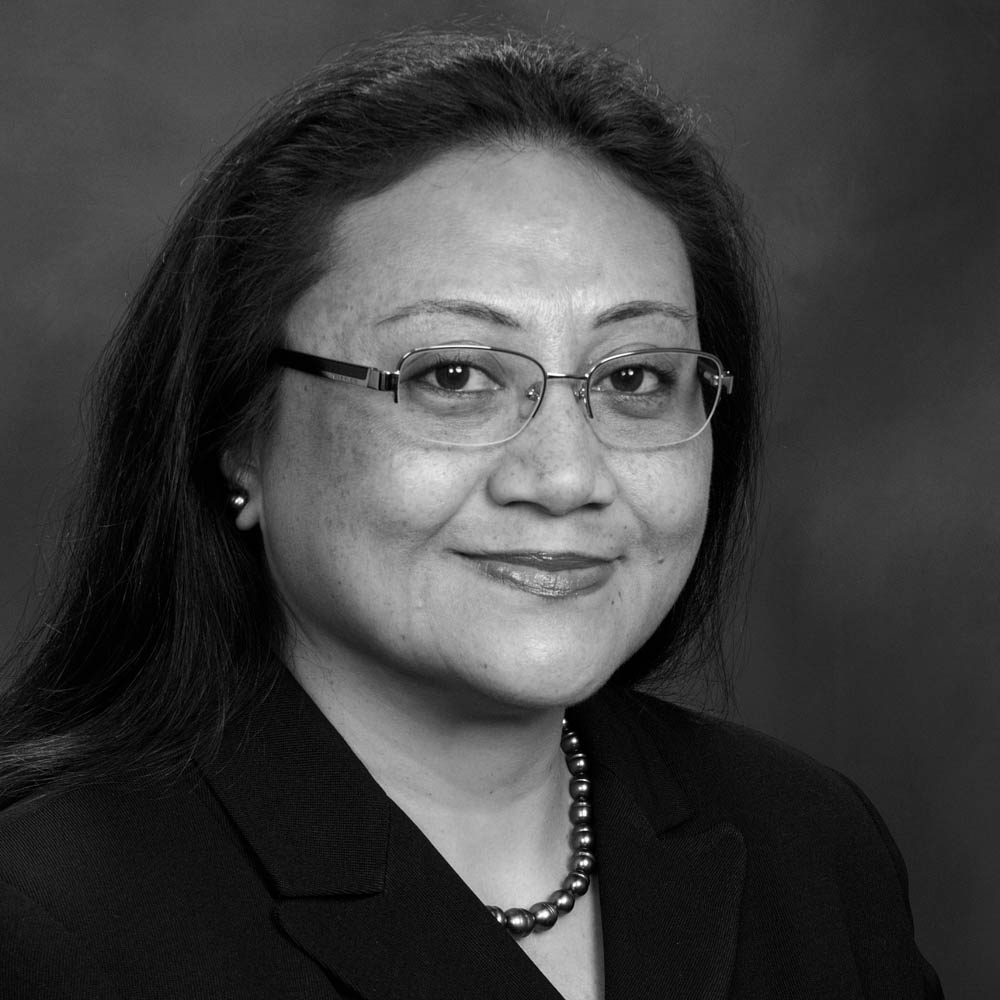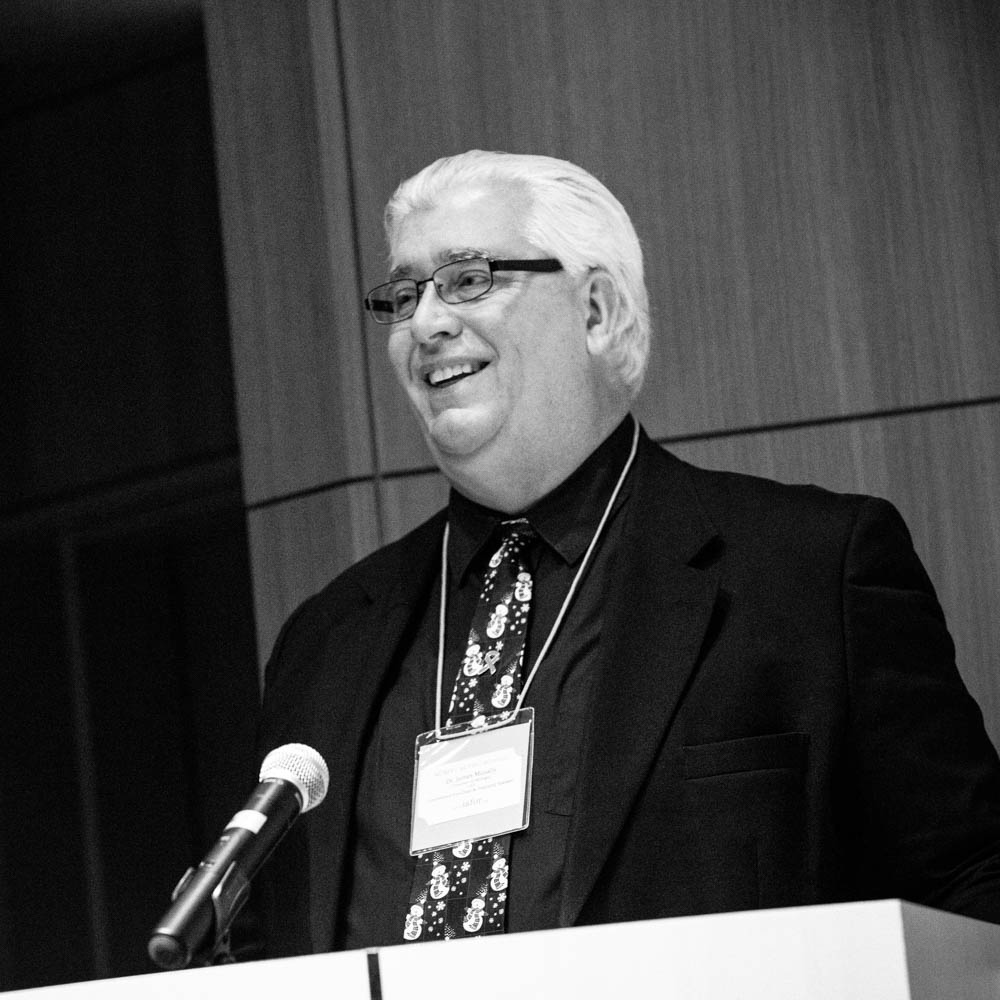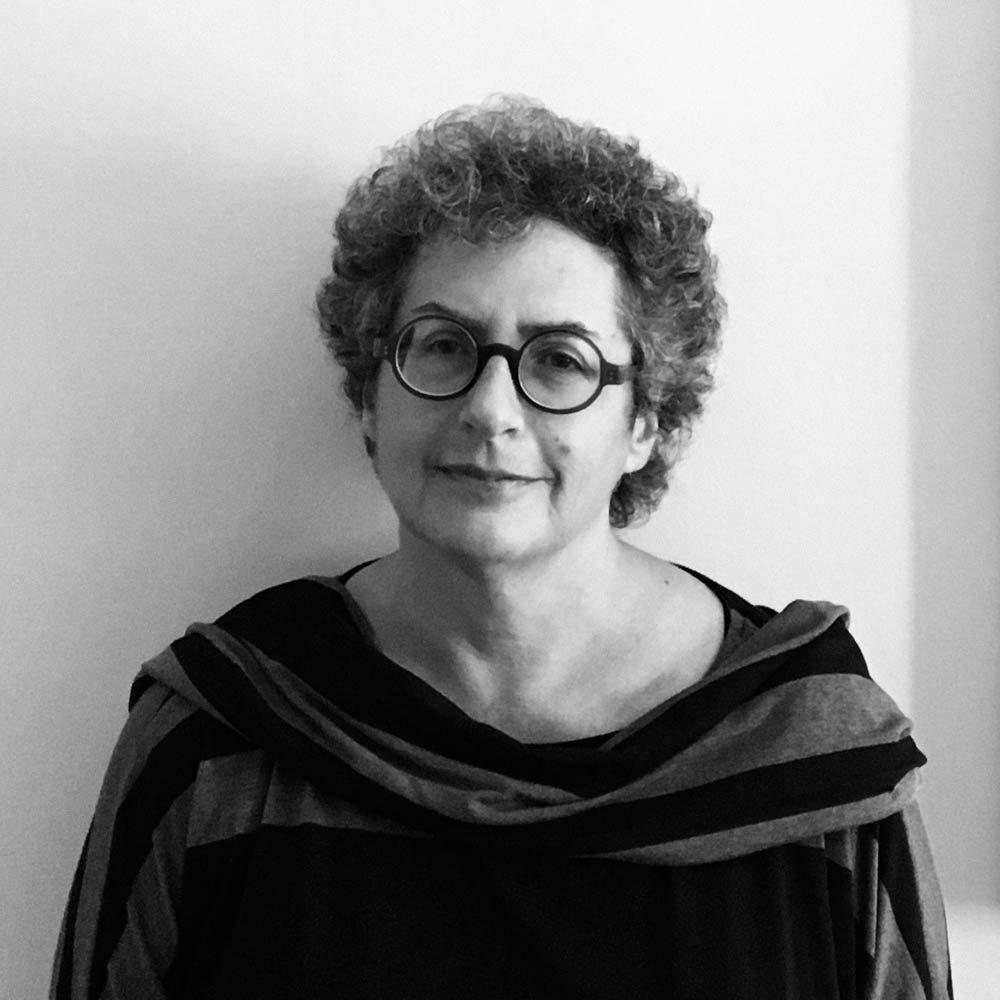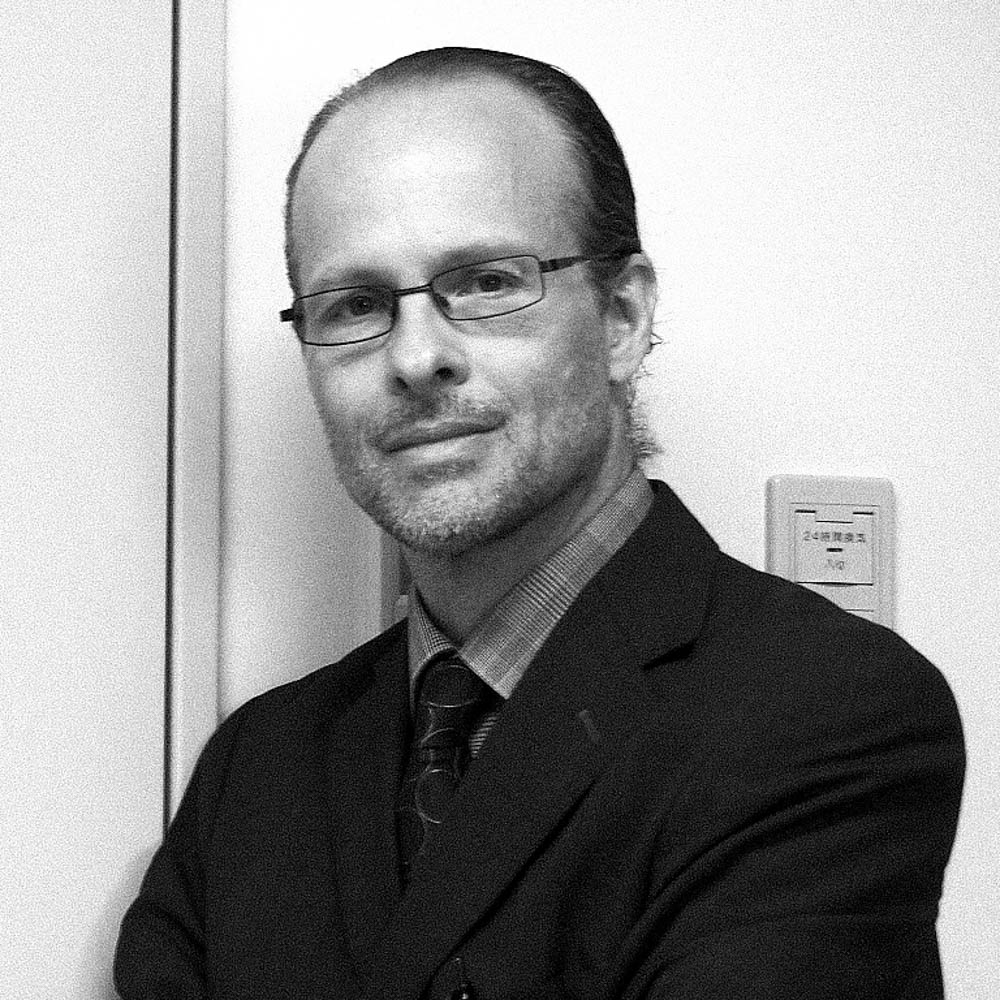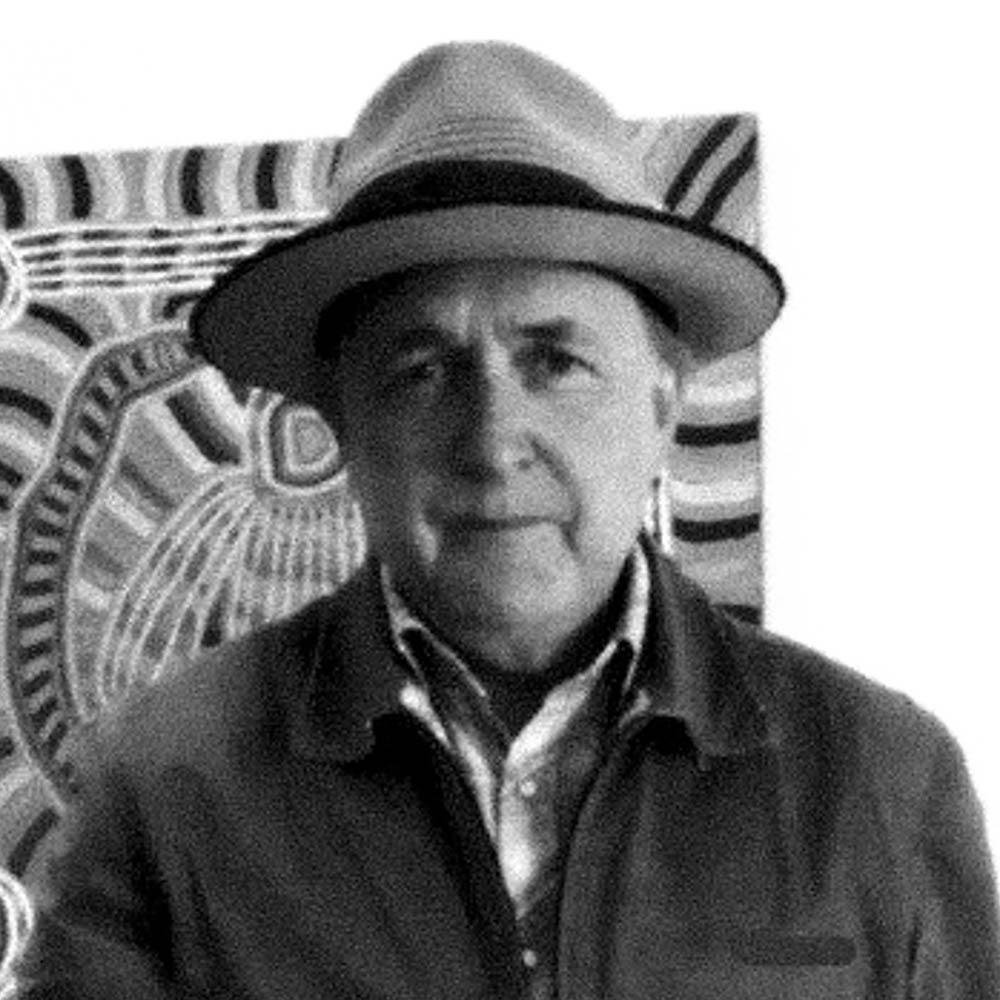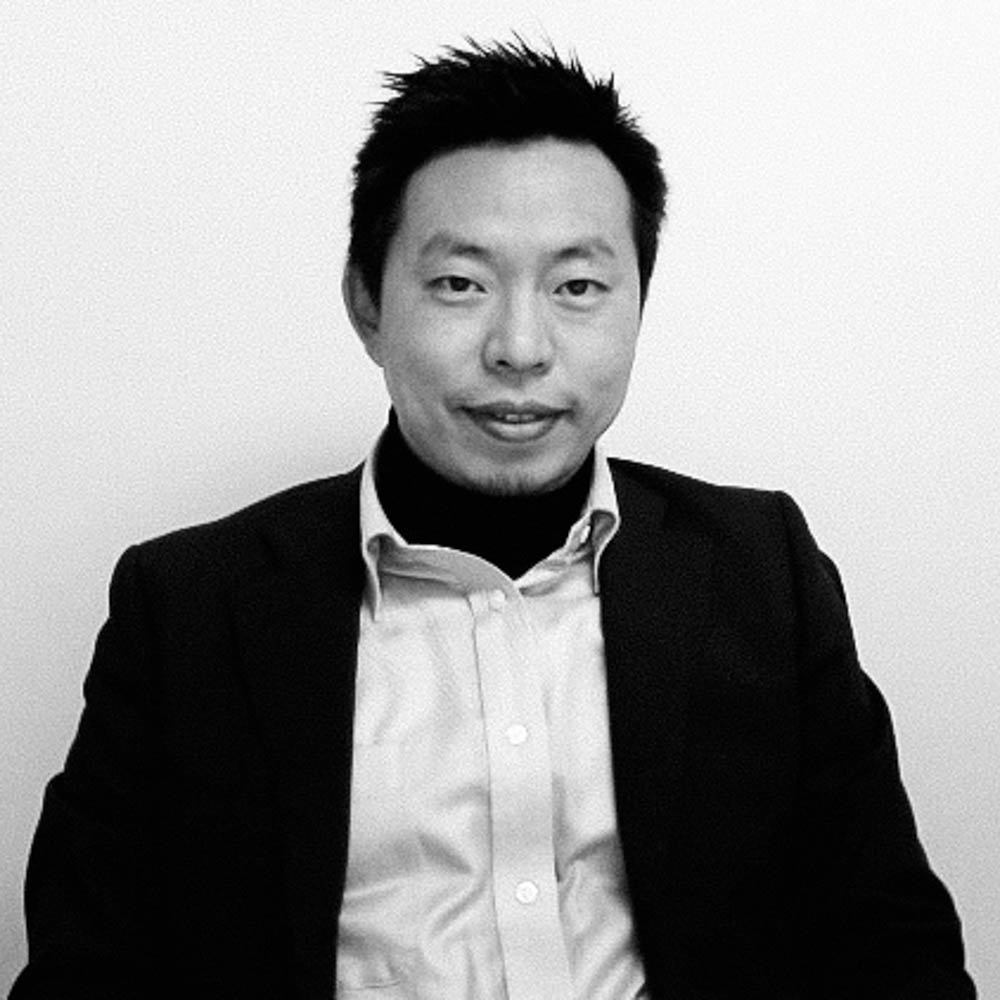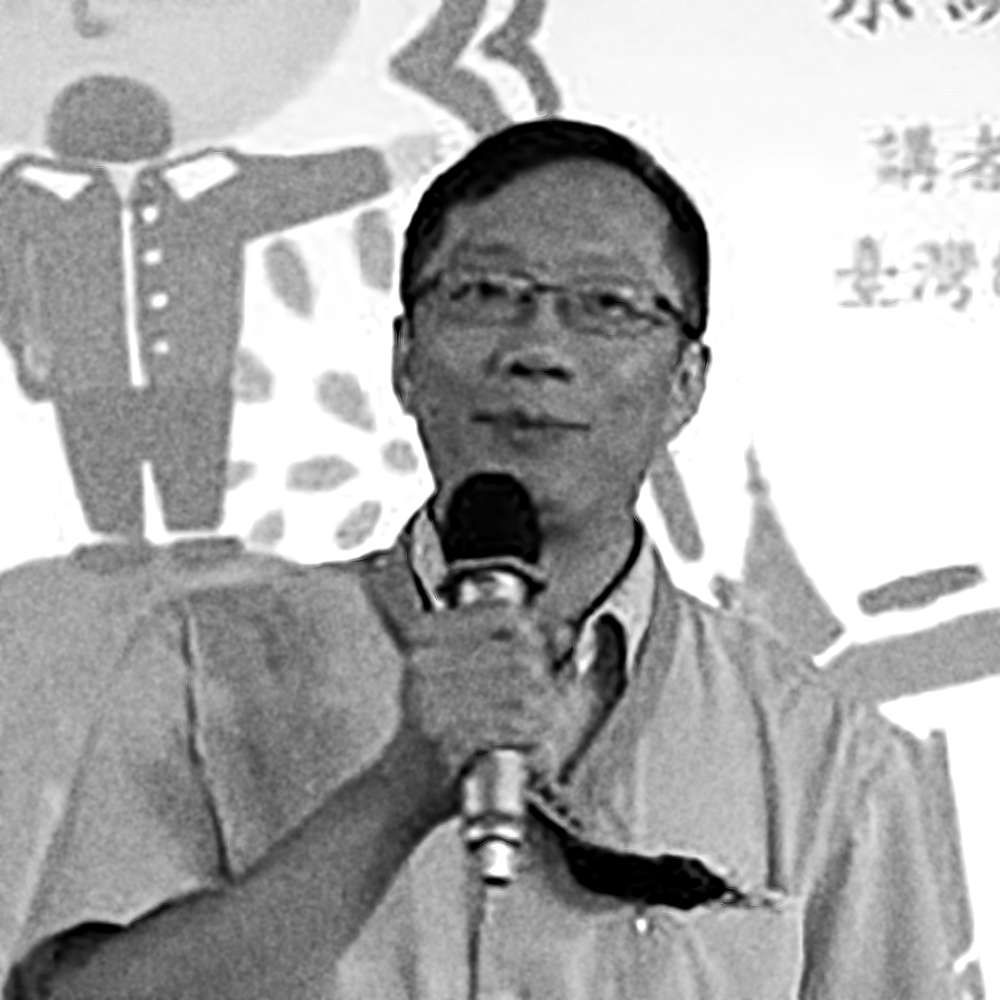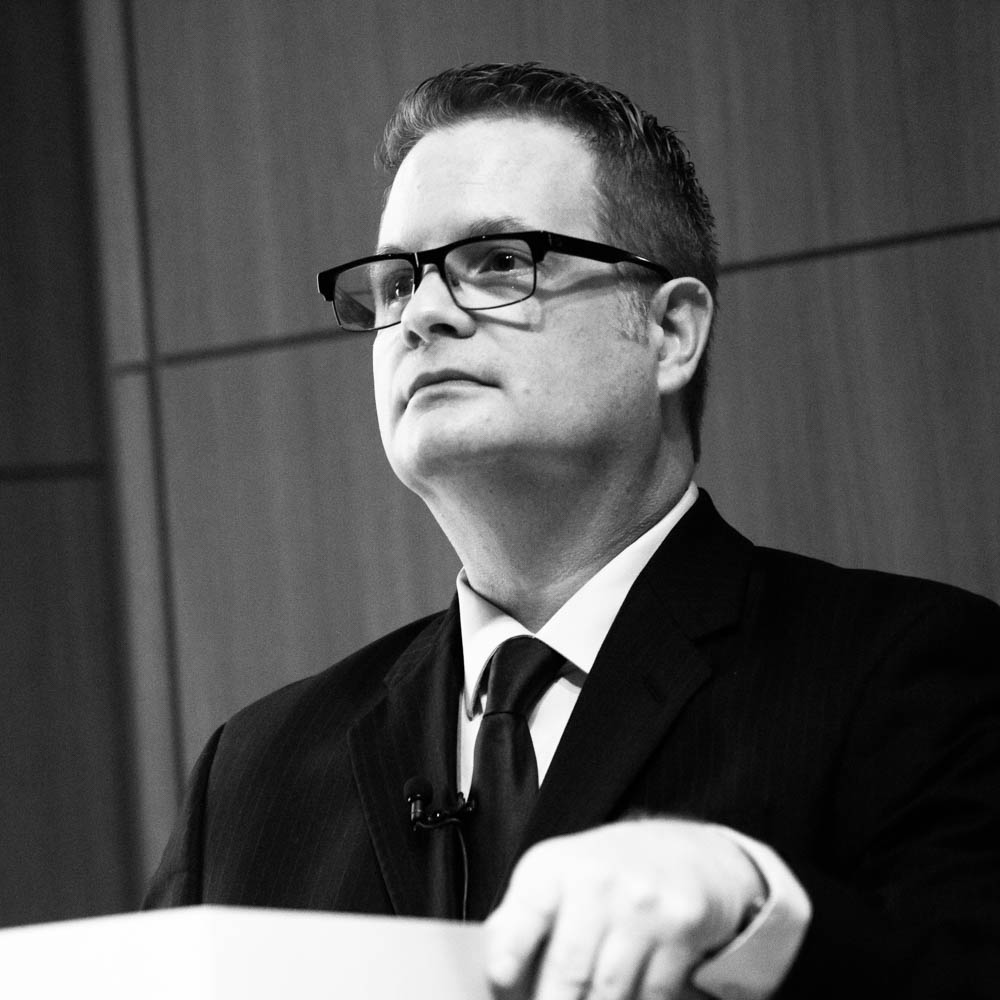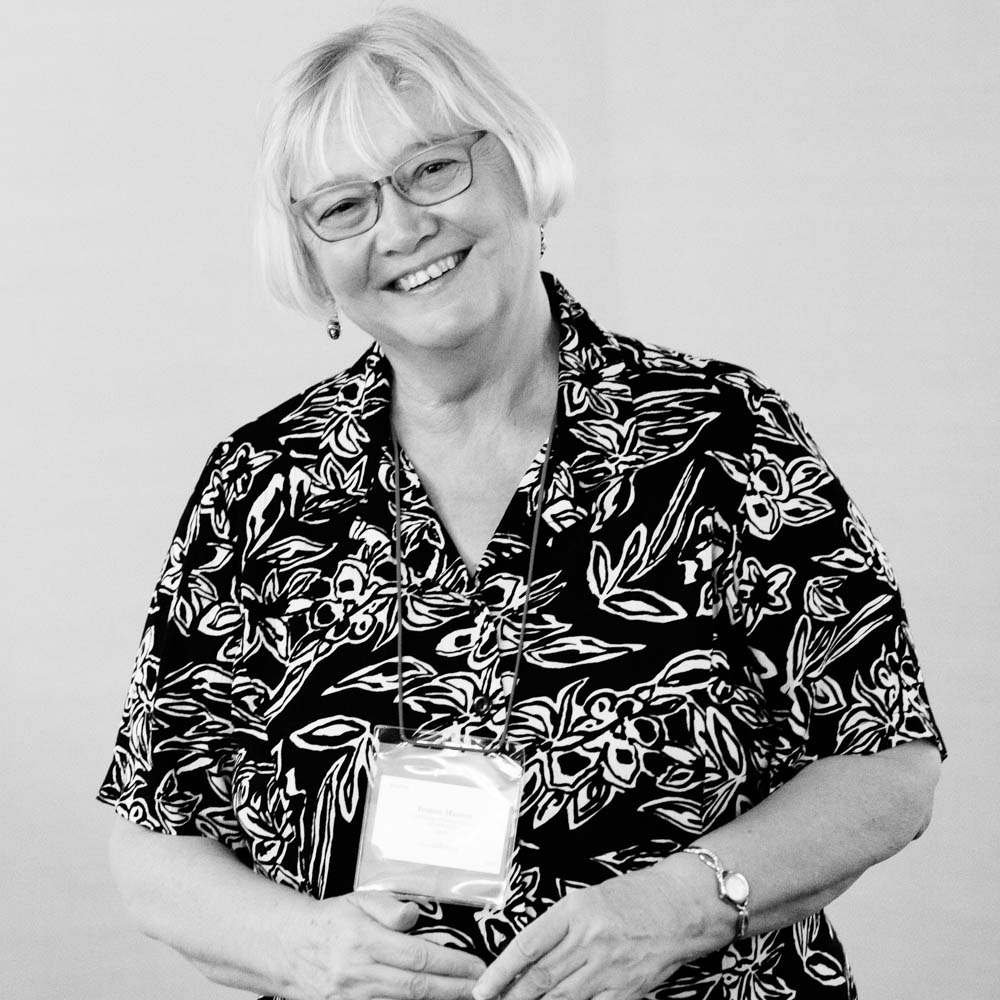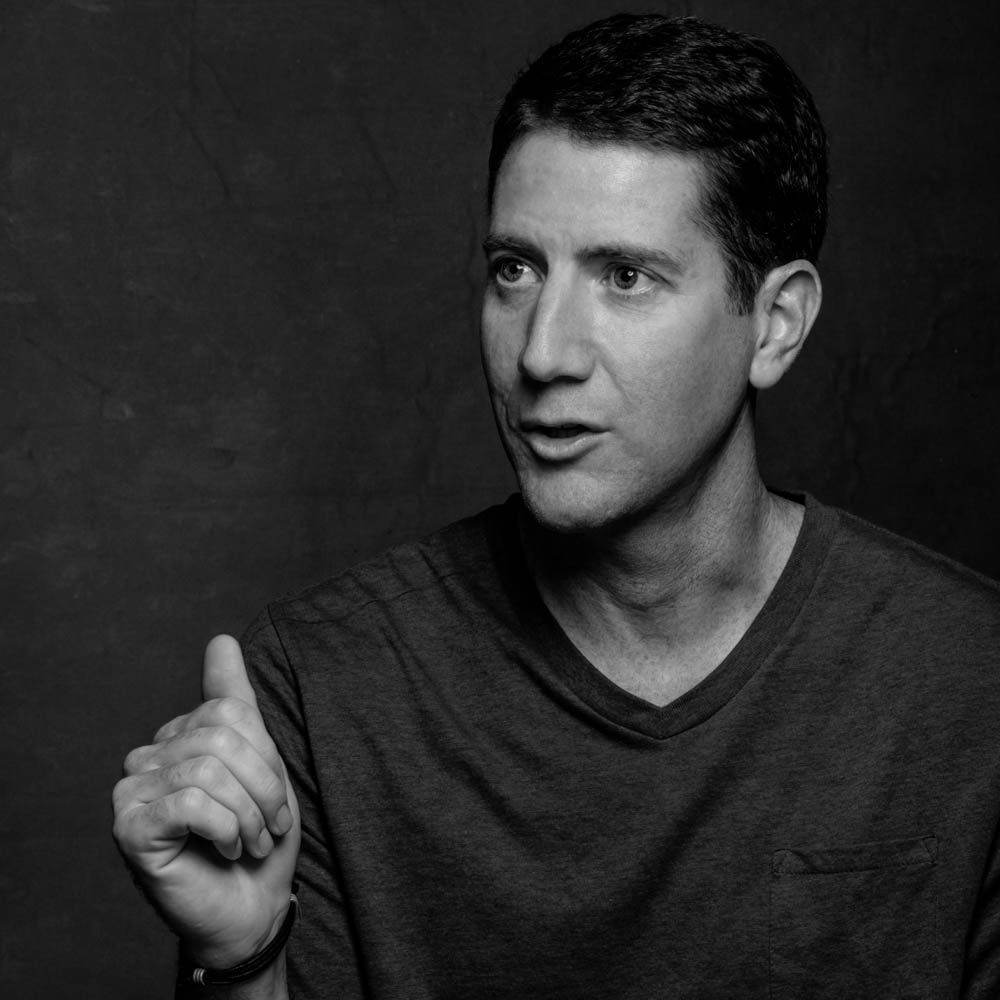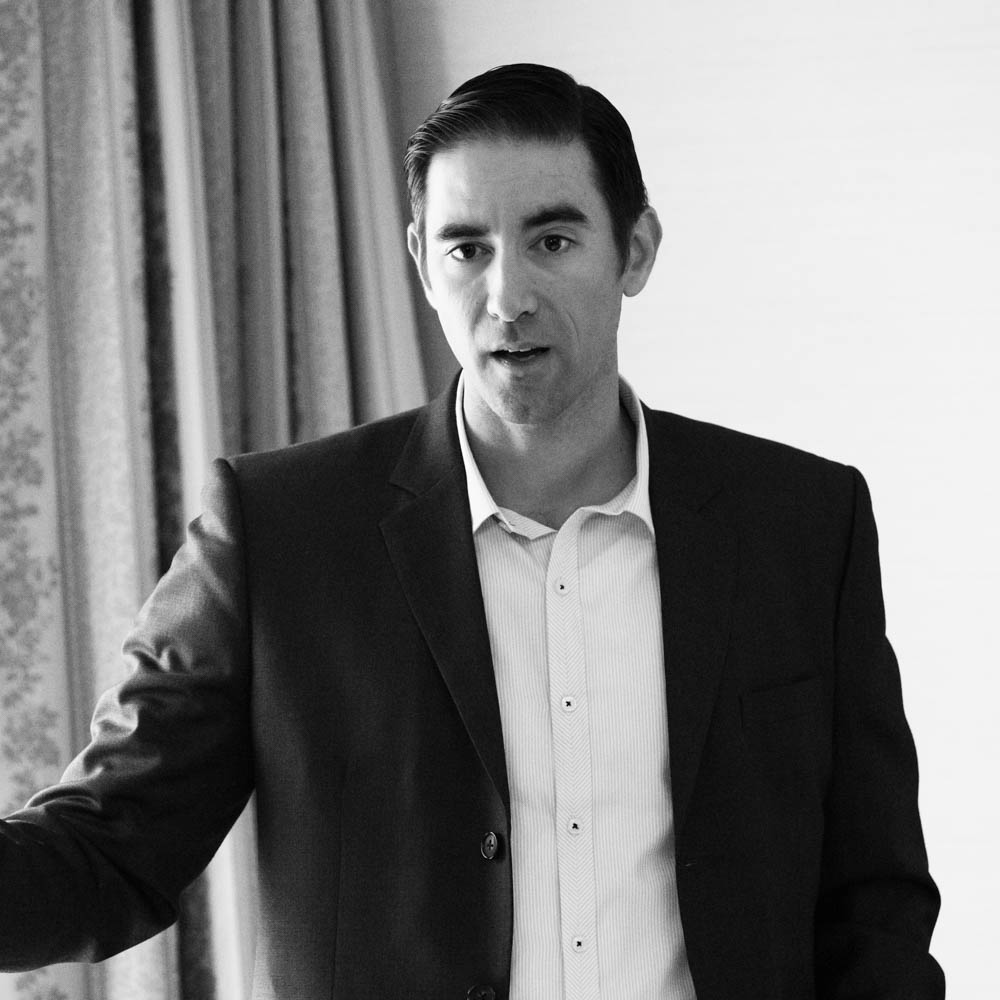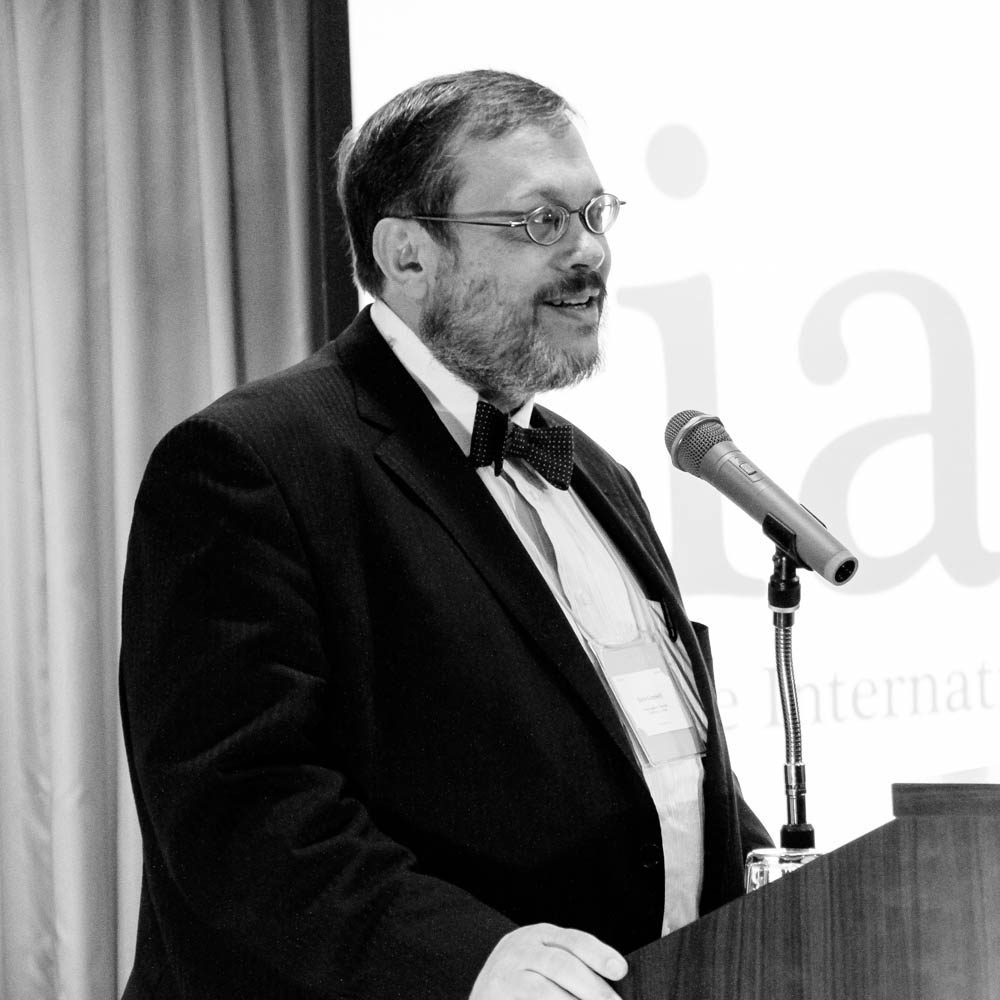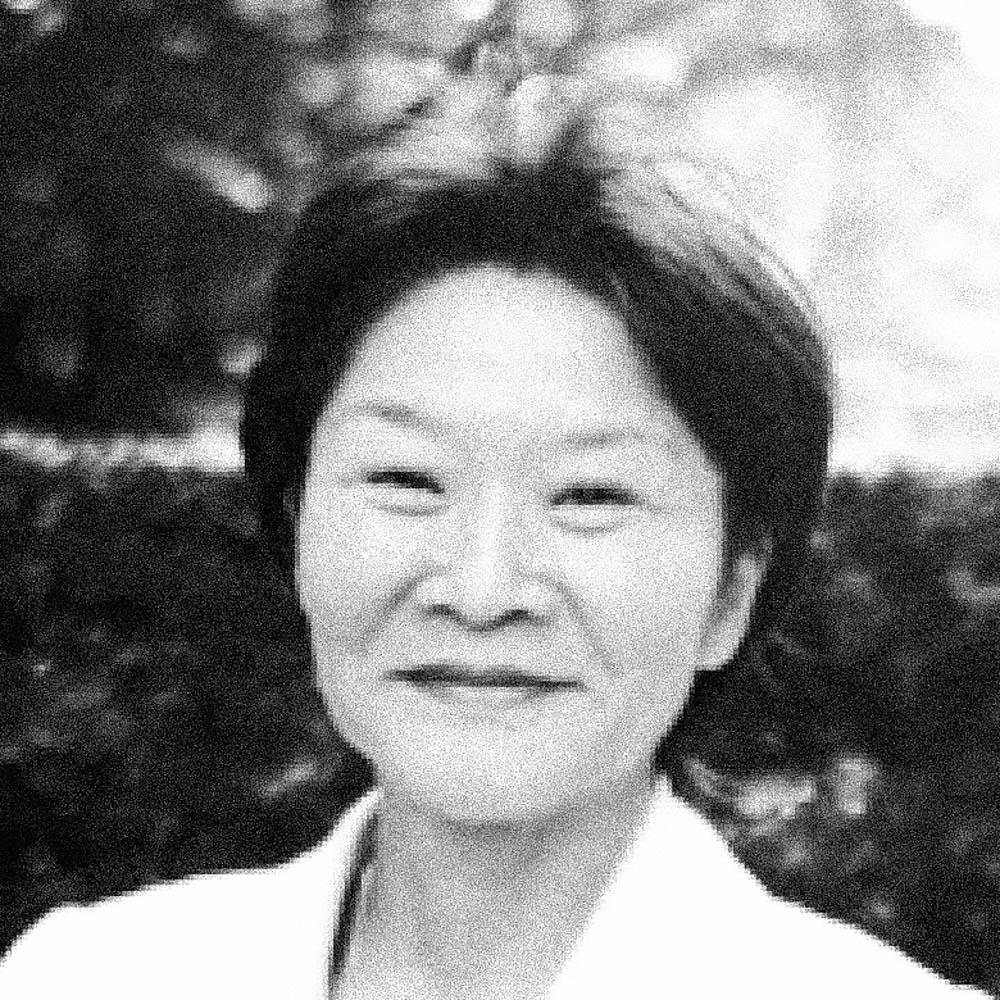
Delegates enjoy a traditional taiko performance and workshop at The Asian Conference on Education 2017 (ACE2017). Photography by IAFOR Media. Image copyright © IAFOR 2017
"Educating for Change"
October 19-22, 2017 | Art Center Kobe, Kobe, Japan
 Why are we in teaching and learning if not to be able to help enrich the lives of our students? Educational institutions at all levels, and of all types, should continue to strive for social change in today’s world. Beyond the apparent simplicity of our conference theme, however, there is great scope for wide-ranging responses to the question of just how we go about educating for change, by examining the inherent challenges and responsibilities faced by educators the world over.
Why are we in teaching and learning if not to be able to help enrich the lives of our students? Educational institutions at all levels, and of all types, should continue to strive for social change in today’s world. Beyond the apparent simplicity of our conference theme, however, there is great scope for wide-ranging responses to the question of just how we go about educating for change, by examining the inherent challenges and responsibilities faced by educators the world over.
Education, too frequently, is the victim of politics, and, worse, sometimes ideologies. Politicians and bureaucrats devise and implement policies to effect change that range from curriculum structure and goals to manipulating budgets on behalf of interest groups and their lobbyists. Questions relating to accountability, transparent governance and community relations are too frequently avoided.
Within the classroom itself, bridging the gap between policy, theory and practice, whether traditional or virtual, teachers and professors de facto become, at varying levels, agents for change. Beyond providing students with resources for study in given fields, they also support them by often being seen as acting not merely as mentors, but also as role models.
These issues are part of the global transformation affecting all human civilisation. How can we as teachers function effectively in a very uncertain environment? How do we help to equip our students with the intellectual and existential tools they require? How do we narrow the gap between theory and practice? How do we make decisions about curriculum and course context in the face of political pressure and social norms? What is the role of interdisciplinary studies in educating for change? And, at the macro level, how can we stimulate awareness of issues such as education assisting the promotion of social justice?
This conference, part of IAFOR’s global conference series on education in its broadest sense, brings together teachers, researchers and distinguished professors from around the world to share their insights. The goal is to broaden awareness of different contexts in the pursuit of synergies and solutions.
Programme
-
 Teaching Health Equity at the Community Level: Engaging Faith Based Organisations in Teaching Community Based Nutritional and Health BehavioursFeatured Presentation: Sela Panapasa
Teaching Health Equity at the Community Level: Engaging Faith Based Organisations in Teaching Community Based Nutritional and Health BehavioursFeatured Presentation: Sela Panapasa -
 The Use of Archival Data Resources for Generating Original Research, Thesis Development, Teaching and Knowledge GenerationFeatured Presentation: James W McNally
The Use of Archival Data Resources for Generating Original Research, Thesis Development, Teaching and Knowledge GenerationFeatured Presentation: James W McNally -
 IAFOR Silk Road Initiative Information Session
IAFOR Silk Road Initiative Information Session -
 IAFOR Documentary Photography Award 2017 | Award Winners Screening
IAFOR Documentary Photography Award 2017 | Award Winners Screening -
 “Retelling the Story from Within:” Oral History as a Means of Educating for ChangeFeatured Presentation: Connie Guberman
“Retelling the Story from Within:” Oral History as a Means of Educating for ChangeFeatured Presentation: Connie Guberman -
 Is the untrained NS teacher worth even less than we thought?: NS teacher endorsement of folk beliefs in EFL educationSpotlight Presentation: Charles Allen Brown
Is the untrained NS teacher worth even less than we thought?: NS teacher endorsement of folk beliefs in EFL educationSpotlight Presentation: Charles Allen Brown -
 Cultural Competence and the Higher Education Sector: Implications for Teaching, Learning and LeadershipFeatured Presentation: Jack Frawley
Cultural Competence and the Higher Education Sector: Implications for Teaching, Learning and LeadershipFeatured Presentation: Jack Frawley -
 Continuing Professional Development for Educational Professionals in Secondary Schools: A Case Study of a Leadership Empowerment Program in TaiwanSpotlight Presentation: Tzu-Bin Lin
Continuing Professional Development for Educational Professionals in Secondary Schools: A Case Study of a Leadership Empowerment Program in TaiwanSpotlight Presentation: Tzu-Bin Lin -
 Change in Academic Writing EducationFeatured Presentation: Paul Lai
Change in Academic Writing EducationFeatured Presentation: Paul Lai -
 Skills for the Future: How Mentoring Students Through Undergraduate Research Provides Tools for Success After UniversityFeatured Presentation: José McClanahan
Skills for the Future: How Mentoring Students Through Undergraduate Research Provides Tools for Success After UniversityFeatured Presentation: José McClanahan -
 Change in Education: By Whom? For Whom?Featured Presentation: Yvonne Masters
Change in Education: By Whom? For Whom?Featured Presentation: Yvonne Masters
Speakers
-
 Sela V. PanapasaUniversity of Michigan, USA
Sela V. PanapasaUniversity of Michigan, USA -
 James W. McNallyNACDA Program on Aging Gerontology & University of Michigan, USA
James W. McNallyNACDA Program on Aging Gerontology & University of Michigan, USA -
 Connie GubermanUniversity of Toronto Scarborough, Canada
Connie GubermanUniversity of Toronto Scarborough, Canada -
 Charles Allen BrownHokkaido University, Japan
Charles Allen BrownHokkaido University, Japan -
 Jack FrawleyThe University of Sydney, Australia
Jack FrawleyThe University of Sydney, Australia -
 Paul LaiNagoya University, Japan
Paul LaiNagoya University, Japan -
 Tzu-Bin LinNational Taiwan Normal University, Taiwan
Tzu-Bin LinNational Taiwan Normal University, Taiwan -
 José McClanahanCreighton University, USA
José McClanahanCreighton University, USA -
 Yvonne MastersUniversity of New England, Australia
Yvonne MastersUniversity of New England, Australia
Organising Committee
The Conference Programme Committee is composed of distinguished academics who are experts in their fields. Conference Programme Committee members may also be members of IAFOR's International Academic Board. The Organising Committee is responsible for nominating and vetting Keynote and Featured Speakers; developing the conference programme, including special workshops, panels, targeted sessions, and so forth; event outreach and promotion; recommending and attracting future Conference Programme Committee members; working with IAFOR to select PhD students and early career academics for IAFOR-funded grants and scholarships; and overseeing the reviewing of abstracts submitted to the conference.
-
 Tzu-Bin LinNational Taiwan Normal University, Taiwan
Tzu-Bin LinNational Taiwan Normal University, Taiwan -
 Zachary WalkerInstitute of Education, University College London, UK
Zachary WalkerInstitute of Education, University College London, UK -
 Justin SandersOsaka University, Japan
Justin SandersOsaka University, Japan -
 Joseph HaldaneThe International Academic Forum (IAFOR), Japan
Joseph HaldaneThe International Academic Forum (IAFOR), Japan -
 Steve CornwellThe International Academic Forum (IAFOR) & Osaka Jogakuin University, Japan
Steve CornwellThe International Academic Forum (IAFOR) & Osaka Jogakuin University, Japan -
 José McClanahanCreighton University, USA
José McClanahanCreighton University, USA -
 Michiko NakanoWaseda University, Japan
Michiko NakanoWaseda University, Japan -
 Yvonne MastersUniversity of New England, Australia
Yvonne MastersUniversity of New England, Australia
Review Committee
- Dr Adlina Abdul Samad, Universiti Teknologi Malaysia, Malaysia
- Dr Ampapan Tuntinakhongul, King Mongkut's Institute of Technology Ladkrabang, Thailand
- Dr Annie Ko, The Hong Kong Polytechnic University, School of Professional Education & Executive Development, Hong Kong
- Professor Cynthia Abella, University of the East, The Philippines
- Professor Jayson Lannu, De La Salle - College of Saint Benilde, The Philippines
- Dr Jose Barlis Jr., Maritime Academy of Asia and the Pacific, The Philippines
- Dr Josephine Jim, The University of Hong Kong, Hong Kong
- Professor Avelino Caraan Jr., Jose Rizal University, The Philippines
- Professor Maria Ailynn Diansuy, Pamantasan ng Lungsod ng Maynila, The Philippines
- Dr Pamela Chrabieh, American University in Dubai, United Arab Emirates
- Dr Patreeya Kitcharoen, Mahidol University, Thailand
- Dr Sachiyo Nishikawa, National Institute of Technology, Nara College, Japan
- Dr Sonal Mobar Roy, National Institute of Rural Development and Panchayati Raj, India
- Dr Ying-Feng Wang, National Taichung University of Education, Taiwan
- Dr Yoshihiko Yamamoto, Shizuoka University, Japan
IAFOR's peer review process, which involves both reciprocal review and the use of Review Committees, is overseen by conference Organising Committee members under the guidance of the Academic Governing Board. Review Committee members are established academics who hold PhDs or other terminal degrees in their fields and who have previous peer review experience.
If you would like to apply to serve on the ACE2019 Review Committee, please visit our application page.



